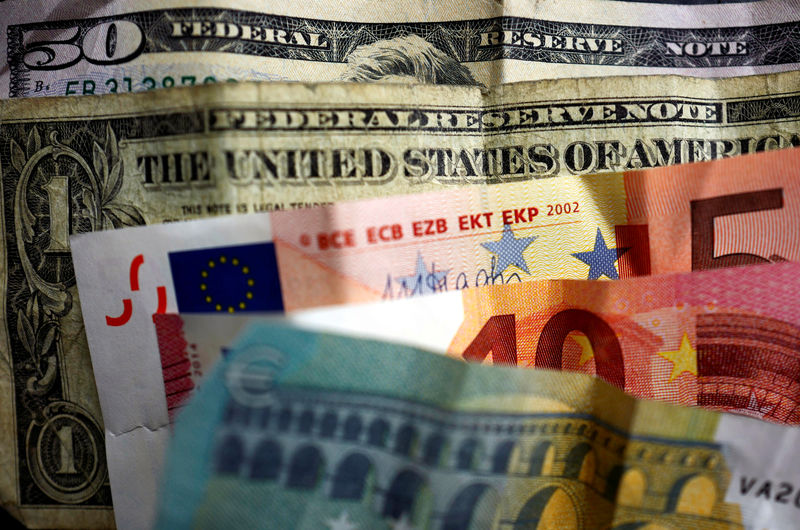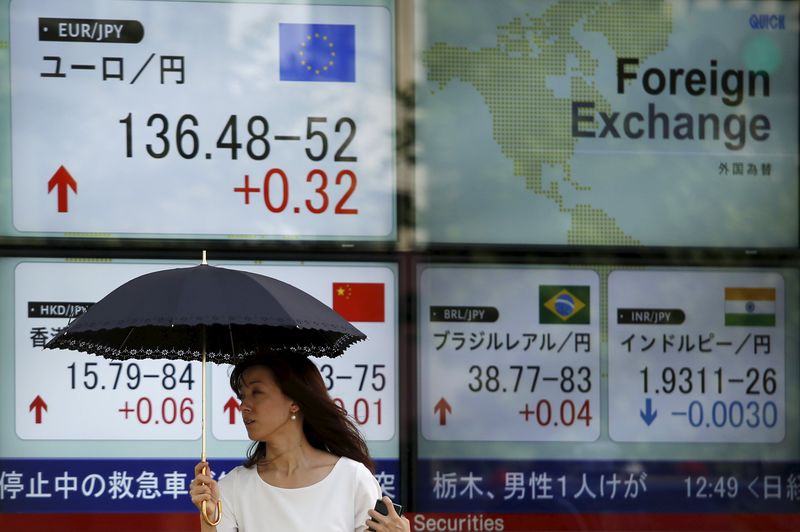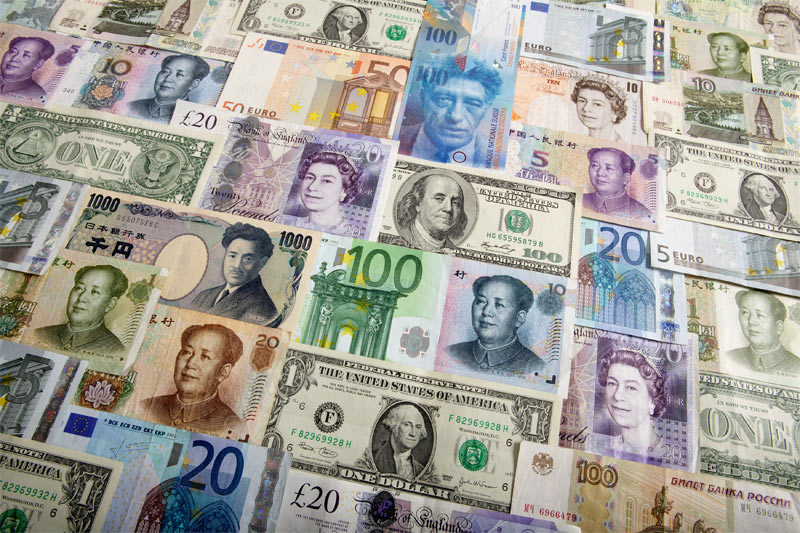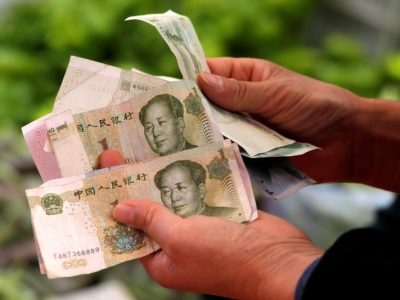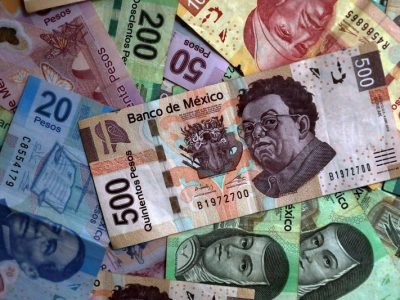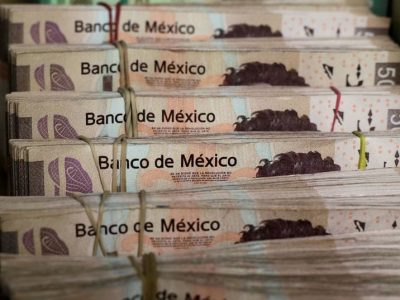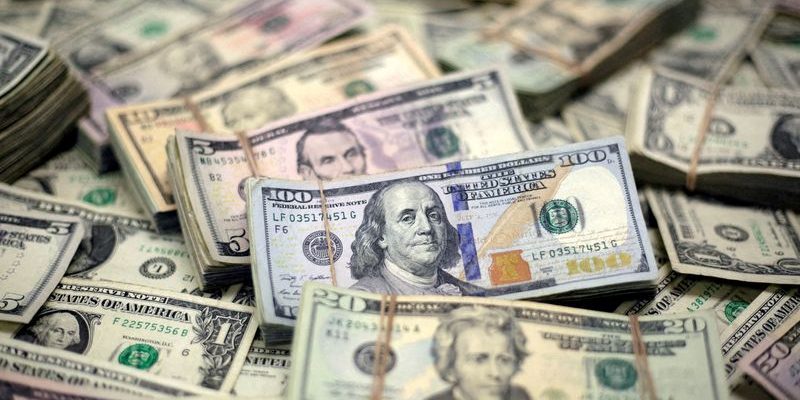
By Saqib Iqbal Ahmed and Laura Matthews
NEW YORK (Reuters) -The dollar rose against the euro and rebounded against most major currencies on Friday after traders digested data showing U.S. job growth slowed sharply in October amid disruptions from hurricanes and strike action by aerospace factory workers.
Nonfarm payrolls rose by 12,000 jobs after a downwardly revised 223,000 in September, the Labor Department’s Bureau of Labor Statistics said. Economists polled by Reuters had forecast October payrolls rising 113,000.
The U.S. unemployment rate, however, held steady at 4.1%, offering assurance that the labor market remains on a solid footing.
Hurricane Helene devastated the Southeast in late September and Hurricane Milton lashed Florida a week later. A total 41,400 new workers were on strike, including machinists at Boeing (NYSE:BA) and Textron (NYSE:TXT), an aircraft company, when employers were surveyed for October’s employment report.
“The dollar index has fully recovered since this morning’s data release, shifting focus towards the uncertainty surrounding the upcoming (U.S. presidential) election,” said Uto Shinohara, senior investment strategist at Mesirow in Chicago.
“Current polls continue to depict the race as a toss-up, with a potential risk of delayed results, making next week a busy one, since the (Federal Reserve) is also meeting just days later.”
The subdued jobs report, he added, maintains the Fed’s trajectory for a 25-basis-point interest-rate cut this month.
The euro was down 0.40% against the dollar at $1.084.
The dollar index, which tracks the greenback against six major currencies, was up 0.36% at 104.24.
“It’s important when looking at the downward revisions, especially that most of that wildly negative figure came in August rather than in September, so the picture for the end of the year still doesn’t seem too grisly,” said Helen Given, associate director of trading at Monex USA.
Traders of futures that settle to the Fed’s policy rate were pricing about a 99% chance of a quarter-point interest rate cut on Nov. 7, to 4.5%-4.75%.
That Fed bets haven’t changed much either indicate “traders are treating this as more of a fluke” and the healthy labor market is keeping the greenback afloat, Given said.
“There’s also a big contingent of the market that’s likely going to stay quite cautious until all of the risk events of next week are off the table, keeping USD range-bound,” she added.
The Labor Department’s closely watched employment report was the last major economic data before Americans head to the polls on Nov. 5 and face a choice of Democratic Vice President Kamala Harris or Republican former President Donald Trump as the country’s next president.
Opinion polls show the race is very tight. The Fed announces its policy decision two days after the election.
The dollar was on pace to snap a three-session losing streak against the yen, rising 0.60% to 152.94, ahead of a three-day weekend in Japan.
Less dovish comments from Bank of Japan Governor Kazuo Ueda following the central bank’s decision to stand pat on Thursday had lifted the yen earlier this week.
“We think the chances of a December rate hike have somewhat increased after Gov. Ueda’s press conference,” Morgan Stanley MUFG economists Takeshi Yamaguchi and Masayuki Inui wrote in a report on Thursday. Their base case remains for the BOJ to raise rates again in January to 0.5%.
Sterling was up 0.26% at $1.29632 on Friday, and set to snap a five-week streak of weekly losses against the dollar. Short-term British government borrowing costs headed for their biggest weekly jump in over a year on Friday, as Labour’s tax-and-spend budget raised inflation expectations.
In cryptocurrencies, bitcoin, the world’s largest cryptocurrency by market cap, was up 0.57% on the day at $69,531.


